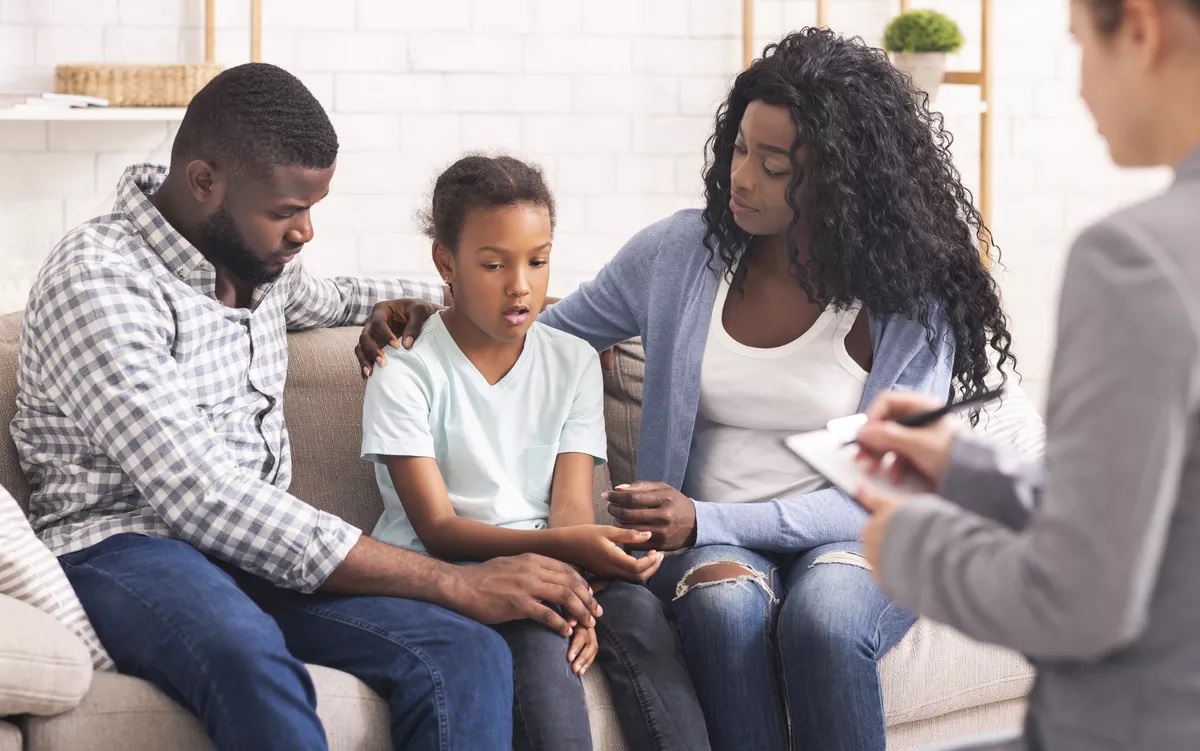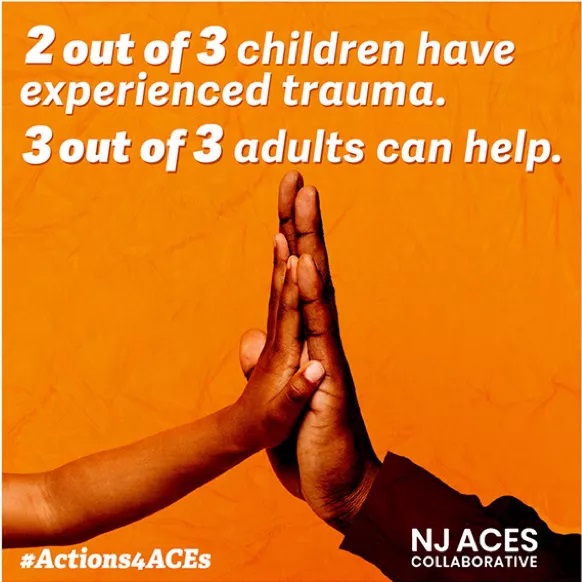1 big thing: The youth mental health crisis

About 1 in 5 US children experience an emotional, behavioral, or mental disorder. Since the onset of the pandemic, children have contended with school closures, remote learning, social isolation, and other challenges — resulting in unprecedented levels of stress, anxiety, and depression.
- In 2021, 44% of high school students experienced “persistent feelings of sadness or hopelessness,” up from 26% in 2009.
- Mental health-related emergency department visits among those aged 12 to 17 increased by 31% from 2019 to 2020.
- Suicide rates are up among Black children.
In light of these worrisome trends, some experts raise the possibility that increased stress and isolation from the pandemic will harm development, socialization, and language skills among young children.
Mental health deserts: Despite the need for mental health services, several barriers exist to accessing care, including social stigma, financial restraints, and a lack of providers. Over one-third of Americans live in an area with a shortage of mental health professionals. Ending this nationwide shortage would require an additional 6,398 mental health providers.
- In Wyoming – the state most lacking in mental health providers – 96.4% of people live in a shortage area.
Increased demand during the pandemic places more strain on the US mental healthcare system, resulting in patients languishing on long waiting lists or simply forgoing treatment altogether.
In 2021, over 60% of youth with major depression did not receive any mental health treatment. Youth of color with depression were even less likely to receive mental health treatment — only 8.3% of Asian youth, 9.4% of Black youth, and 9.5% of Hispanic youth received treatment. Many young people are unable to access mental health care due to lack of insurance coverage — almost 950,000 children have private insurance that doesn’t include mental health services, leaving young people 10 times more likely to use an out-of-network mental healthcare provider compared to a primary care provider.
Why it matters: Though mental and physical health are sometimes treated as separate issues, they are closely connected. For example, depression can contribute to physical symptoms like joint pain and gastrointestinal problems and increase the risk of chronic disorders like heart disease. Beyond the impact to physical health, mental health issues can hinder academic performance, relationships, and quality of life.
Half of all mental health disorders begin by age 14, yet most aren’t treated until years later. Recognizing mental health concerns and intervening as early as possible can improve children’s long-term wellbeing.
2. Ways to support the youth in your life

In the face of long delays and difficulties connecting with mental health professionals, primary care providers can offer crucial support. By addressing the mental health needs of children and their caregivers at every well child visit, providers can equip families with techniques to promote mental health and help identify more severe concerns early on. Dr. Blair Hammond, pediatrician and co-founding director of the Mount Sinai Parenting Center, shares, “We need a preventive model that recognizes the important influence caregiver interactions can have and gives families the resources to build better mental health.”
A mental health toolbox: Dr. Aliza Pressman, child psychologist, co-founding director of the Mount Sinai Parenting Center, and creator of parenting podcast Raising Good Humans, shares a few ways to support mental health and strengthen the parent-child relationship:
- Get active: People who exercise consistently have better mental and physical health, and lower rates of mental illness. The benefits of exercise aren’t limited to hard workouts over long periods of time — even taking a walk a few times a day is linked with boosts to mental health.
- Be of service to others: When you feel hopeless, get hopeful. Engaging your family in routine acts of service will help mental health — maybe a weekly commitment to clean up the park or small acts like leaving a thank-you note for the mail carrier.
- Connect with friends: Relationships nurture mental health. Yet, we tend to put social breaks on hold when we get busy — making us feel isolated and unsupported. Even if it’s unrealistic to make a plan to go out, try to schedule a social phone call to connect with a friend. By showing your child how excited you are to catch up with your friend, you model how to prioritize relationships outside of your immediate family.
- Write in a journal: Writing and reflecting on your feelings and thoughts a few times a week can help keep you connected with yourself and help make you more available to care for others.
- Find gratitude rituals to hunt for the good: Make it a daily habit to name 3 things that make you happy. They can be so small but make sure to take the time to name them.
- Ask for help: None of us need to do this alone. It’s important to know when to ask for help and to model for your children how to do so. If you are feel overwhelmed and can’t seem to find a way out, contact your health care provider for mental health professionals who can support you.
The bottom line: Mental health is contagious. Your behaviors will be noticed by your children and become part of the household routine, helping kids develop their own support system.
3. Giving schools the tools to meet student mental health needs

As students across the nation transitioned back to in-person learning, educators and school staff were struck by an increase in behavioral challenges, including emotional outbursts, lack of engagement in class, and physical altercations between students. In the wake of these behavioral challenges and worsening youth mental health, many have called for increased support for school-based mental health services.
The National Alliance on Mental Illness notes that schools can help identify mental health concerns and connect youth to services early on. However, despite being uniquely positioned to intervene and address youth mental health concerns, schools often lack the resources.
Taking action: The NJ Pandemic Relief Fund and other committed funders pooled $1 million to fund a new Healing Centered Engagement model to support schools across New Jersey. Managed by the Foundation for Educational Administration (FEA), the program offers training on trauma-informed care, healing-centered engagement, Adverse Childhood Experiences (ACEs), and Youth Mental Health First Aid — an evidence-based model designed to teach adults how to help young people experiencing mental health challenges.
- Since it kicked off in 2021, the initiative has served 60 New Jersey schools and trained more than 3,500 teachers, administrators, school support staff, and community members.
- Training teachers, bus drivers, janitors, and cafeteria workers, FEA’s whole-school approach provides students with support from adults in various settings. 🚌 🍎
Implementing change: Besides receiving training, participating schools create schoolwide action plans responding to the challenges students face. For example, Carroll Robbins Elementary School in Trenton, NJ partnered with parents and local nonprofit Arm in Arm to provide students and their families with food, legal services, and even rent money. Through community partnerships like this, students and their families receive much-needed support and stability.
4. The roundup
Learn about upcoming events, new funding opportunities, and jobs in maternal and infant health and early childhood:
- COVID-19 and child wellbeing: Join the Partnership for Maternal and Child Health of Northern New Jersey on June 16 for a webinar on the pandemic’s impact on pediatric health.
- Learn about the impact of toxic childhood stress: PACEs Connection (formerly ACEs Connection) hosts a webinar June 28 with Dr. Bruce Perry, psychiatrist and co-author with Oprah Winfrey of the book What Happened to You? Conversations on Trauma, Resilience and Healing. Register to join the conversation.
- Supporting youth mental health in New York: Faced with increased demand for youth mental health services, the University of Rochester Medical Center opened the area’s first walk-in clinic for young people — projected to serve up to 3,000 patients per year.
- Building a robust mental health system: A South Carolina audit led to an alarming finding — there is one mental health counselor for every 1,300 public school students. To boost the number of mental health professionals and increase access to school mental health services, South Carolina plans to raise its Medicaid reimbursement rate for school-based counselors.
Transforming healthcare in New Jersey: As part of our First 1,000 Days strategy, the Burke Foundation is partnering with the Centering Healthcare Institute to advance better maternal and child health outcomes by expanding the CenteringParenting and CenteringPregnancy group care model to more New Jersey sites. The deadline to apply for technical assistance and grant support is June 1.
